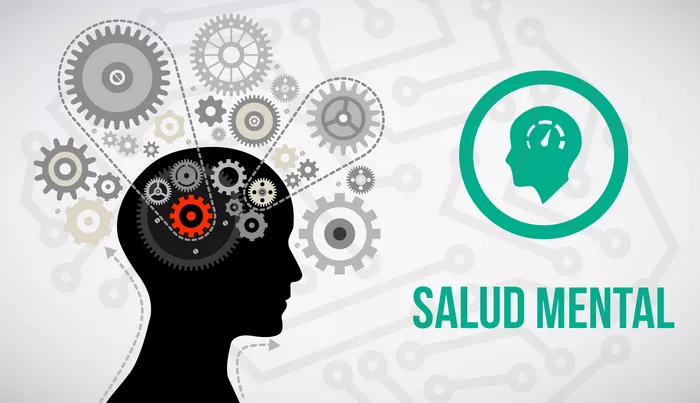FAQs
What causes ADHD to develop?
ADHD’s exact cause isn’t pinpointed, but it’s believed to involve a combination of genetic, environmental, and neurological factors. Genetics play a significant role, with ADHD often running in families. Environmental factors like exposure to toxins during pregnancy or early childhood might also contribute.
Can ADHD be caused by birth?
There’s no direct evidence that ADHD is solely caused by birth itself. However, certain birth complications or factors like premature birth, low birth weight, or maternal substance abuse during pregnancy might increase the risk of developing ADHD. These factors can affect brain development, potentially influencing ADHD.
Can you develop ADHD later in life?
While ADHD is often diagnosed in childhood, it’s possible for adults to develop symptoms later in life. Sometimes, symptoms that were present in childhood may not be recognized until adulthood. Additionally, life circumstances, stress, or changes in brain chemistry could trigger ADHD symptoms to manifest in adulthood.
Related topics:
- Beyond Medication in Depression Treatment: A Simple Guide
- PTSD vs. Bipolar Disorder: What is the Difference?
- Is PTSD Considered a Mental Disability?


